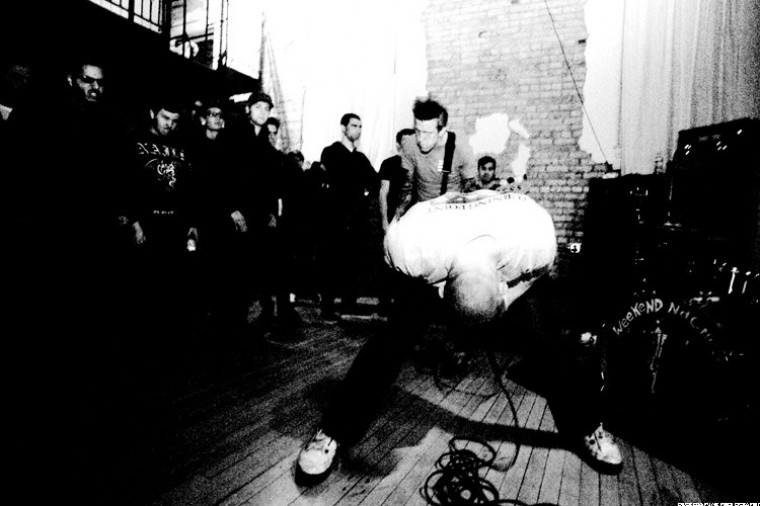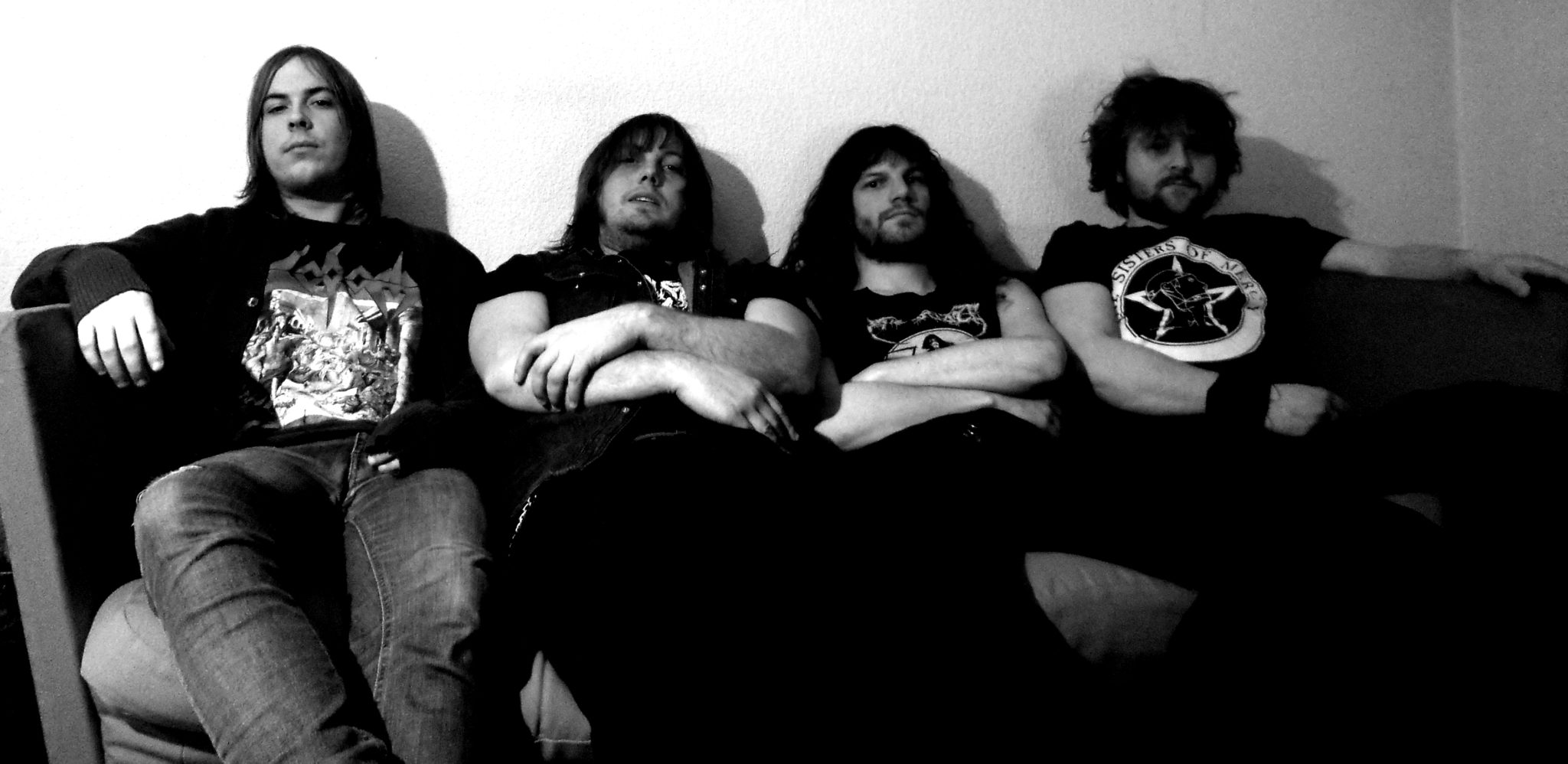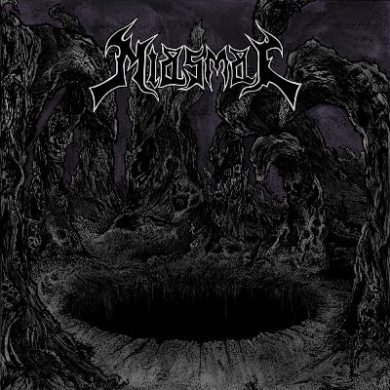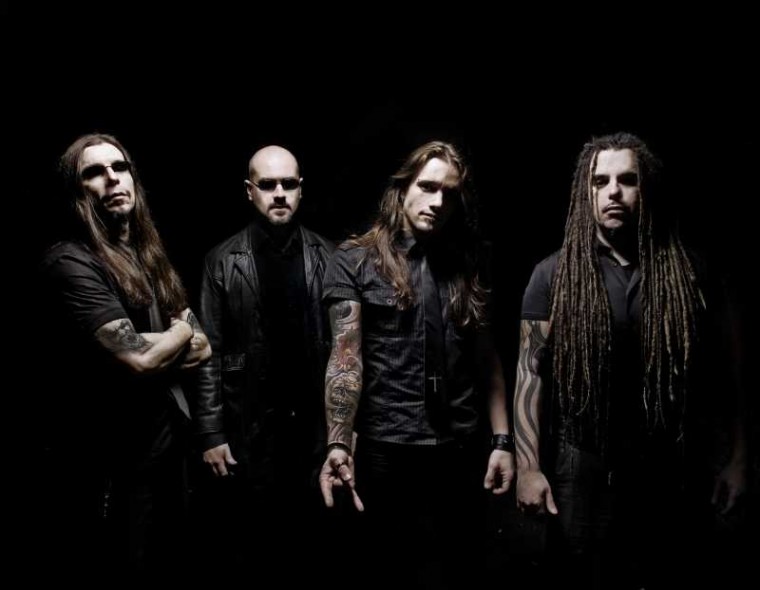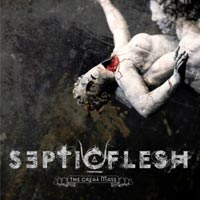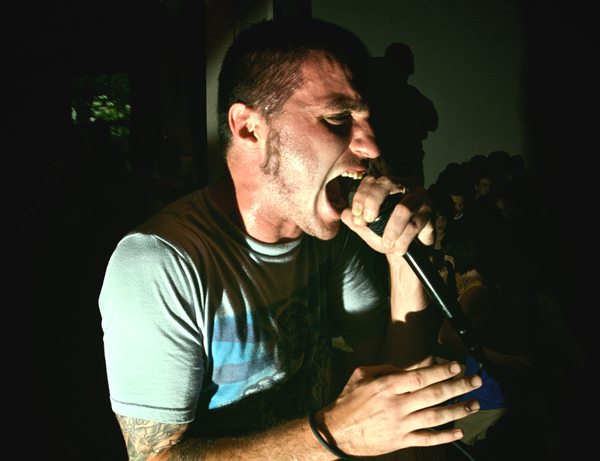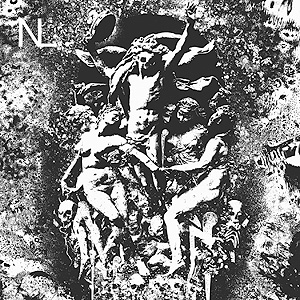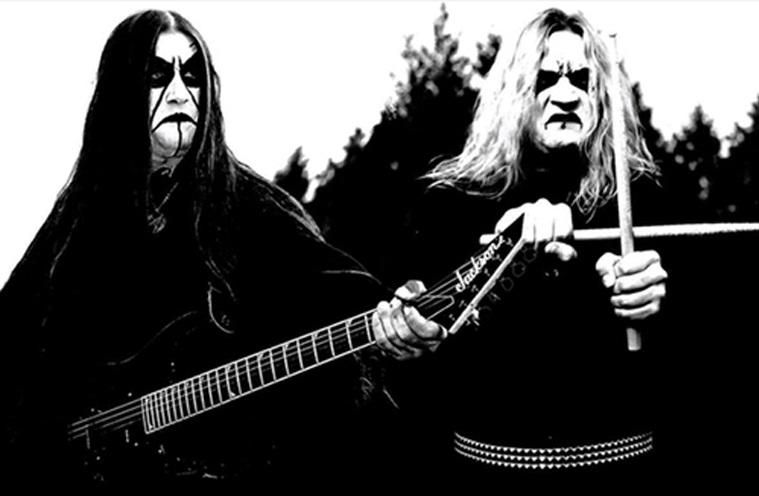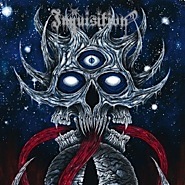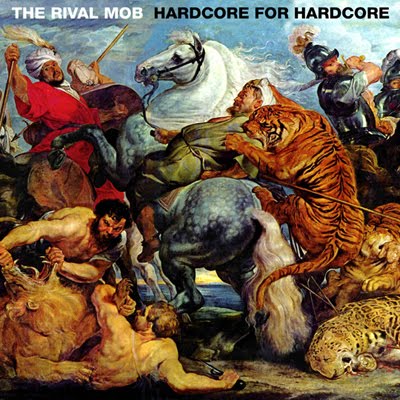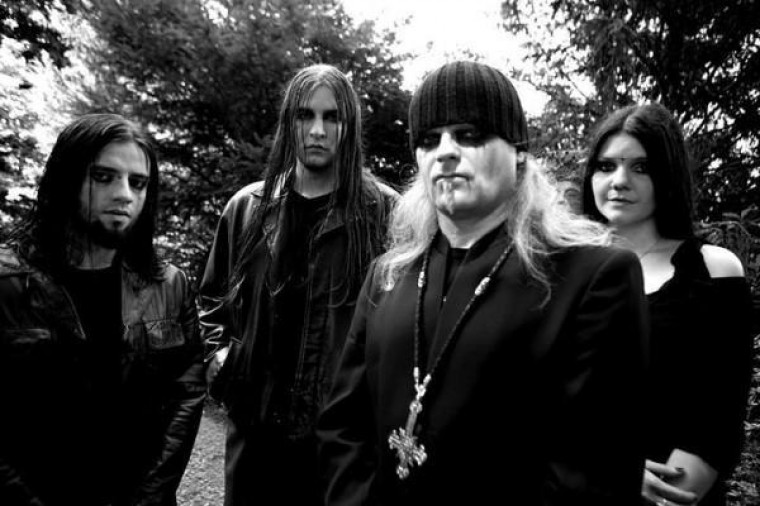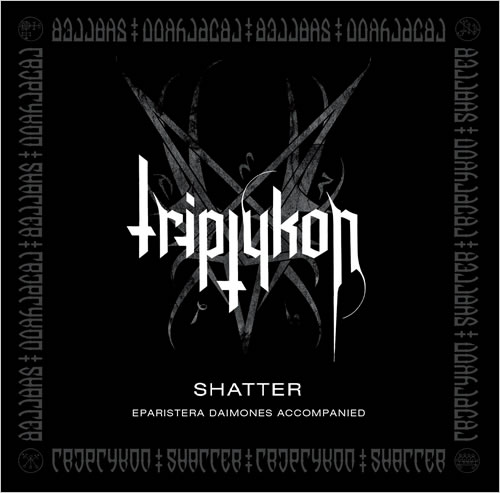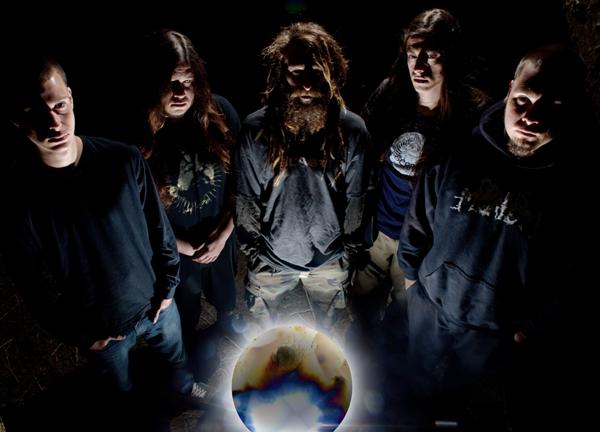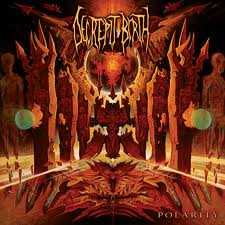Tom Gabriel Warrior has produced extreme metal since the early 1980s, first with seminal groups Hellhammer and Celtic Frost and now with Triptykon. In this question-and-answer session, columnist Todd Nief chats with the frontman about authenticity in music, beer cans in thrash metal, and the effect of happiness on extreme-metal composition.
Triptykon: “I am the Twilight”
[audio:https://alarm-magazine.com/wp-content/uploads/2010/10/02-I-am-the-Twilight.mp3|titles=Triptykon: “I am the Twilight”]
[Triptykon’s] Shatter EP and Eparistera Daimones LP are part of the same body of creative work. Can you comment on what you’re trying to accomplish with this, be it an emotional agenda, a political agenda, or any or all of the above?
Probably all of the above, but on this first album, it’s predominantly emotional. Of course, the sessions from the first album reflect some of the turmoil that existed when I left Celtic Frost. There’s no way around it. There’s some social commentary in songs such as “Goetia,” but, by and large, it’s my own feelings about leaving Celtic Frost, leaving my own band, leaving the summary of my life behind in a forced manner.
Nobody’s forced to read the lyrics; nobody’s forced to read the liner notes. We provide very detailed information, but by no means are you required to read all that. Music is music at the end of the day, and with music, you should create your own images in your head. I think it’s perfectly possible to listen to Triptykon without dealing with the lyrics or the liner notes. The music is intense and dark enough.
When I was a teenage fan, I didn’t speak English so well, so I just listened and the music created its own images in my head, and that’s the way it should be. It’s probably better that way.
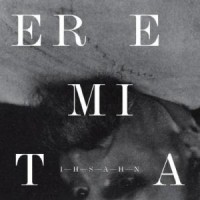 Ihsahn: Eremita (Candlelight, 6/19/12)
Ihsahn: Eremita (Candlelight, 6/19/12)

